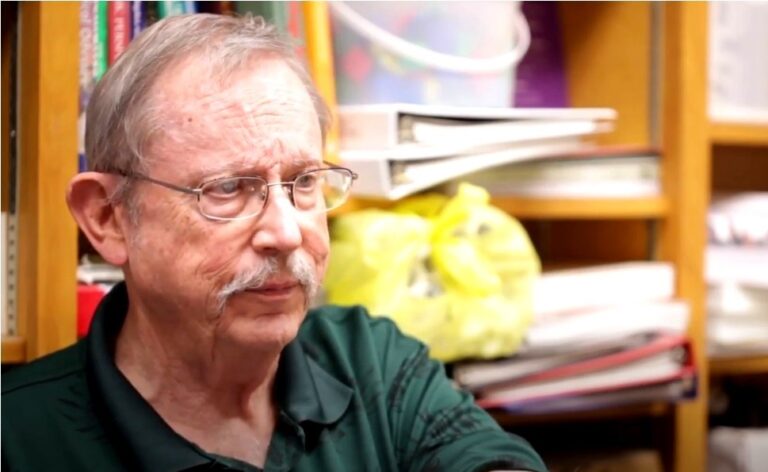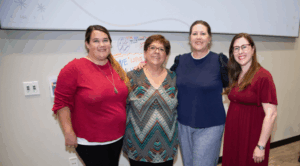Dr. Patrick Miller Extends IASC in Brazil and India

Dr. Patrick Miller, professor of mathematics, also teaches introductory astronomy and astronomical research methods at Hardin-Simmons. He founded the International Astronomical Search Collaboration (IASC), http://iasc.cosmosearch.org/, in October 2006.
IASC is a citizen science program. It provides high quality astronomical data to citizen scientists around the world, allowing them the opportunity to make astronomical discoveries and participate in hands-on astronomy. This service is provided at no cost.
This summer he has been working with the federal Ministry of Science & Technology in Brasilia, Brazil, and the state Ministry of Science & Technology in Rajasthan, India. These ministries are equivalent to the U.S. Department of Education in Brazil and the Texas Education Agency in Rajasthan. In Brazil this gives IASC access to tens of thousands of students. In India they will have access to 6,000 schools.
For Brazil, Dr. Miller has embarked upon a collaboration that will bring IASC to potentially hundreds of schools per year. IASC recently started the pilot campaign with 20 schools and then had an additional 477 schools sign up.
“Reaching that 1,000-school goal will be no problem, once the folks at the Federal Ministry figure out how to manage the training and the campaigns. I’m doing a lot of hand holding on that front, but progress is being made,” said Dr. Miller.
In Rajasthan, Dr. Miller already completed a pilot campaign with 20 schools. This program was successful and the volunteers on the ground in India excel at asteroid searches, according to Dr. Miller. IASC will eventually expand to 6 campaigns a year with up to 100 schools per campaign.
Dr. Miller said, “The goal by June 30, 2024, is for IASC to be involved in 5,000 schools in more than 80 countries. With the development of a no-training-needed public access portal (part of NASA Grant #2), we will probably reach somewhere between 50,000 and 100,000 students per year.”
There has been a surge in interest in IASC as a result of COVID-19, and no reduction in the participation level as the students, teachers, and other citizen scientists have adapted to IASC@Home, an online version of the IASC data, according to Dr. Miller. The searchers are able to social distance and use video conferencing to manage their asteroid searches.


